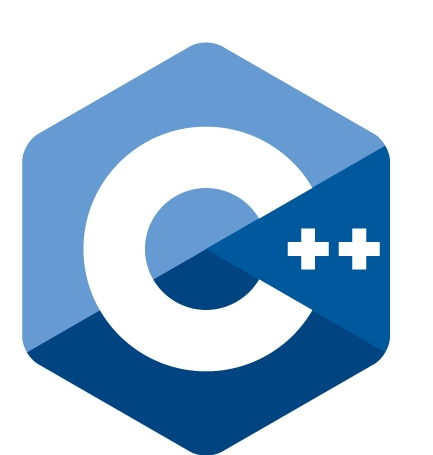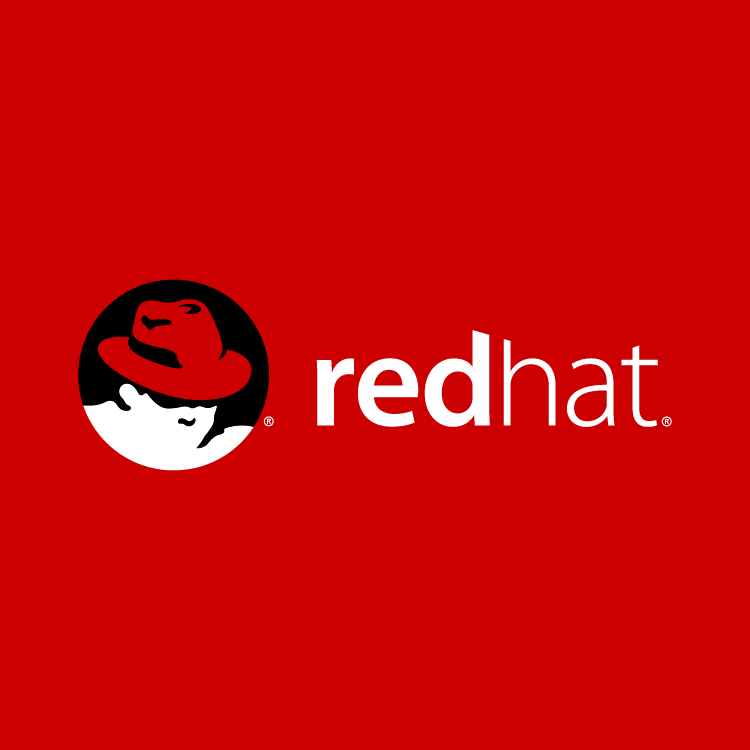AMQP 1.0 (Advanced Message Queuing Protocol), which enables real-time data and enterprise messaging across applications, mobile infrastructures and the cloud, has been approved as an international standard.
OASIS (Organization for the Advancement of Structured Information Standards), the nonprofit open standards consortium behind the protocol, announced the approved release of AMPQ 1.0 by a joint ISO (International Organization for Standardization) and IEC (International Electrotechnical Commission) group. As an efficient application layer binary protocol, AMPQ 1.0 enables the safe exchange of real-time data and business transactions between applications, organizations and computing environments when building cross-platform messaging applications.
“International standardization is another step toward creating an open interoperable ecosystem for AMQP,” Microsoft Open Technologies senior standards professional and OASIS AMQP Technical Committee co-chair Ram Jeyaraman wrote in a blog post. “The standardization process is intentionally iterative and consensus-driven with the goal of delivering a technically complete standard that can be broadly adopted by nations around the world.”
The open middleware protocol began development in 2008, becoming an OASIS standard in 2012. Companies that have helped develop AMPQ over the years include Bank of America, Cisco, Credit Suisse, JPMorgan Chase, Microsoft, Red Hat, Software AG, the U.S. Department of Homeland Security, and VMware. AMPQ 1.0 is integrated into products such as Microsoft’s Windows Azure Service Bus, VMware’s Pivotal RabbitMQ, and many others.
“As long-term contributors to the effort, we are delighted to see AMQP 1.0 become an international standard,” Red Hat senior middleware engineering manager David Ingham wrote in a blog post. “Collectively, this ecosystem of components provides customers with a flexible, standards-based, open-source messaging platform. We continue to see AMQP used in a broad range of scenarios, from traditional enterprise messaging to cloud-based applications and Internet of Things, and the momentum is growing.”
Beyond the currents products, several companies and contributors have already detailed plans for AMQP 1.0 integration and support going forward. According to Ingham, Red Hat JBoss Fuse includes full support for the standardized protocol, and the Apache Qpid Proton project plans to develop a set of AMQP 1.0 clients for languages such as JMS, C, Python, PHP and Ruby.
John O’Hara, the originator of AMQP, called ISO/IEC standardization a milestone for the messaging protocol that will establish AMQP as the backbone of business computing.
“For the first time, we have standardized connectivity that is portable between businesses and which combines security, event subscription and the enactment of transacted reliable messages,” he wrote in a blog post. “With AMQP, we can reliably enact e-commerce without depending on third-party exchanges or requiring proprietary software, and this removes many of the technical barriers to dealing with new business partners.”






